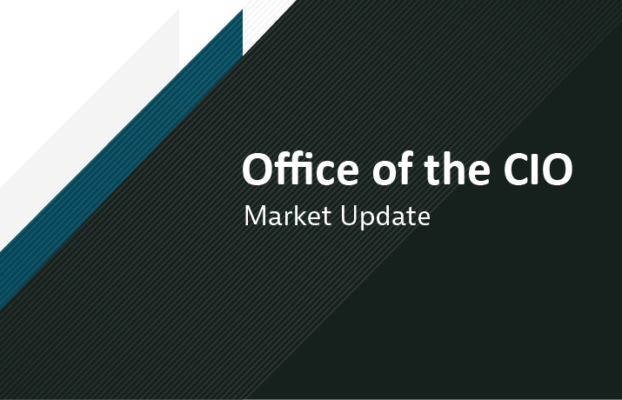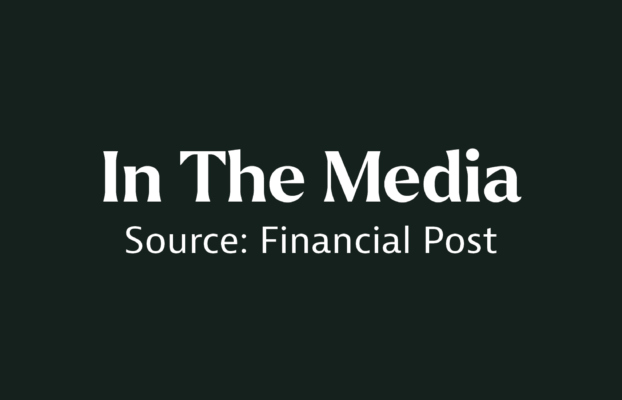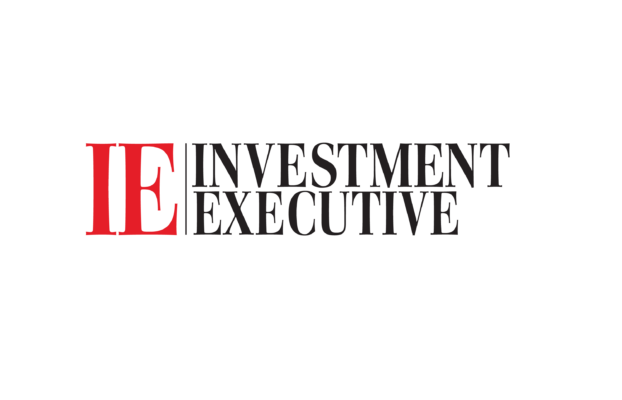What does Canada’s inflation rate slowdown to 3.4% mean for your portfolio?
Canada’s inflation rate decelerated to 3.4% in the year to May, down from the 4.4% pace recorded in April, announced by Statistics Canada on June 27, 2023. Harbourfront’s Chief Investment Officer, Christine Tessier, shares her perspective on this announcement:
- The bulk of the slowdown was driven by an average 18% drop in energy prices. When inflation data ex-energy is considered, inflation remains flat.
- Inflation in other key household items remain high, most notably mortgage costs (+29%) and groceries (+9%).
Two Very Different Reactions from Equity and Bond Markets
Equity markets reacted with optimism following yesterday’s announcement. Equity market performance show no signs of concern that a recession may be imminent.
Bond markets, on the other hand, continue to reflect that underlying drivers of inflation remain present. The yield curve inversion – when short-term interest rates are higher than long-term interest rates – continues to signal that a recession is expected.
Future Rate Expectations in a Robust Economy
Indicators of future rate expectations show the bond market expects at least one more rate hike before the end of the year. Long-term duration risk appears particularly mis-priced.
The purpose of interest rate increases is to rebalance the economy in such a way as to impact a slowdown, as reflected in areas such as the labour market (less job creation), demand for goods and services, and capital flows.
Employment continues to be strong. The strength in household incomes is reflected in the resiliency of the housing sector. While single-family homes showed a slowdown in 2022, into 2023, default rates remain low.
It’s unlikely that we will see a rate hike before the new forecast is provided in The Bank of Canada’s economic update next month.
What does this mean for your portfolio?
- Structural trends such as global food inflation, ongoing geopolitical risk, labour shortages, and the transition to a green economy suggest that uncertainty, inflation, and volatility are likely to persist at higher levels vs. the pre-pandemic period.
- Interest rate increases may not be fully effective in addressing the long-term structural challenges that lead to current inflation levels. It seems likely that rates will remain higher-for-longer. This is particularly true in Canada, where mortgage rates are more sensitive to interest rate increases vs. the US.
- The set-it-and-forget-it approach of the 60/40 portfolio is not effective in the face of heightened uncertainty. A more proactive approach to portfolio management is needed.
Harbourfront’s current Watermark Private Portfolio continues to favour a defensive positioning with a cautious stance on equity market exposure.
- Asset classes such as real estate—particularly in sectors that benefit from annual rent increases, such as apartment rentals and commercial industrial properties, are an effective hedge against rising inflation.
- If interest rates remain higher-for-longer overall, floating rate fixed income exposure is favourable.
- While this positioning may lag during short-term equity market rallies, it provides favourable upside participation at a lower risk level, which is prudent in the current environment.
Your situation may require further conversations about what this means for your portfolio, and I encourage investors to connect with your advisor.
Christine Tessier
Chief Investment Officer, Harbourfront Wealth Management
Disclaimer
I, Christine Tessier, have prepared this commentary to give you my thoughts on various investment alternatives and considerations which may be relevant to your portfolio. This commentary reflects my opinions alone and may not reflect the views of Harbourfront Wealth Management. In expressing these opinions, I bring my best judgment and professional experience from the perspective of someone who surveys a broad range of investments. Therefore, this report should be viewed as a reflection of my informed opinions rather than analyses produced by Harbourfront Wealth Management Inc.




Market and Economic Insights – Q1 2025
10 April 2025